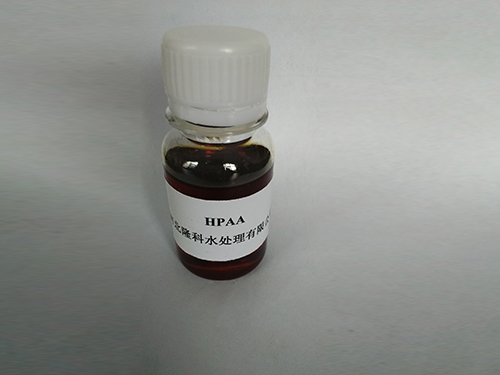Exploring Various Flocculants Utilized in Water Treatment Processes for Enhanced Purification Efficiency
Types of Flocculants in Water Treatment
Water treatment is essential for ensuring the safety and cleanliness of drinking water, industrial applications, and wastewater management. One of the key processes involved in water purification is flocculation, which is the agglomeration of particles suspended in water to form larger aggregates, known as flocs. These flocs can then be easily removed from the water, facilitating cleaner and clearer outputs. Various types of flocculants are utilized in this process, which can be broadly categorized into organic, inorganic, and synthetic agents.
Organic Flocculants
Organic flocculants are predominantly derived from natural sources and are generally biodegradable, making them environmentally friendly options. One common organic flocculant is chitosan, which is obtained from chitin found in the shells of crustaceans. Chitosan has excellent flocculation properties due to its ability to bind with negatively charged particles in water, causing them to clump together and settle out. Another popular organic flocculant is starch, which is often modified to enhance its flocculating capabilities. Starch derivatives are frequently used in applications involving suspended solids in both drinking water treatment and wastewater management.
Inorganic Flocculants
Inorganic flocculants are metal salts that effectively facilitate the flocculation process. Among them, aluminum sulfate (commonly known as alum) is the most widely used flocculant in water treatment. When added to water, alum dissociates into aluminum ions, which react with the negatively charged particles, forming flocs. This reaction not only removes turbidity but also helps in the removal of pathogens. Another inorganic flocculant is ferrous sulfate, which can be used as an alternative to alum, particularly in specific circumstances where phosphate removal is a goal. Inorganic coagulants play a vital role in efficiently treating water, particularly in municipal systems.
types of flocculants in water treatment

Synthetic Flocculants
Synthetic flocculants have gained popularity due to their predictable performance and versatility. These flocculants are typically polymers, and they can be cationic, anionic, or non-ionic based on their charge characteristics. Cationic polyacrylamide is commonly used in various water treatment processes, as it effectively binds with negatively charged particles, enhancing the flocculation process. Anionic polyacrylamide, on the other hand, is utilized in situations that require the aggregation of positively charged particles. Non-ionic flocculants are often employed in applications where there is no specific charge requirement.
Synthetic flocculants tend to operate effectively at lower dosages compared to their organic and inorganic counterparts, making them cost-effective in large-scale water treatment applications. Their versatility allows for customized solutions tailored to specific impurities and characteristics of the water being treated.
Conclusion
The choice of flocculant in water treatment processes is crucial for optimizing efficiency and effectiveness. Organic, inorganic, and synthetic flocculants each have unique properties and advantages, making them suitable for different treatment scenarios. By understanding the various types of flocculants available, water treatment facilities can select the most appropriate agents for their specific needs, ultimately contributing to cleaner water resources and improved public health. As the demand for sustainable and efficient water treatment solutions continues to grow, the role of flocculants will remain pivotal in addressing the challenges associated with water purification.
-
Water Treatment with Flocculant Water TreatmentNewsJun.12,2025
-
Polymaleic AnhydrideNewsJun.12,2025
-
Polyaspartic AcidNewsJun.12,2025
-
Enhance Industrial Processes with IsothiazolinonesNewsJun.12,2025
-
Enhance Industrial Processes with PBTCA SolutionsNewsJun.12,2025
-
Dodecyldimethylbenzylammonium Chloride SolutionsNewsJun.12,2025





